In the current narrative prevailing in Germany, it is imperative to say that Hungary does not want to integrate, constantly makes special requests, acts against European ideals and, worst of all, is a friend of the Russian aggressor, said Werner J. Patzelt research director at Mathias Corvinus Collegium Brussels.
All this does not correspond to reality, and it would be good for as many journalists in Germany as possible to read the book. That is why I am trying to give deeper insight into the details. I can now understand quite well how many Hungarians get to think about truth when it comes to criticism of their country. I really understand Hungarians,
the political scientist said.
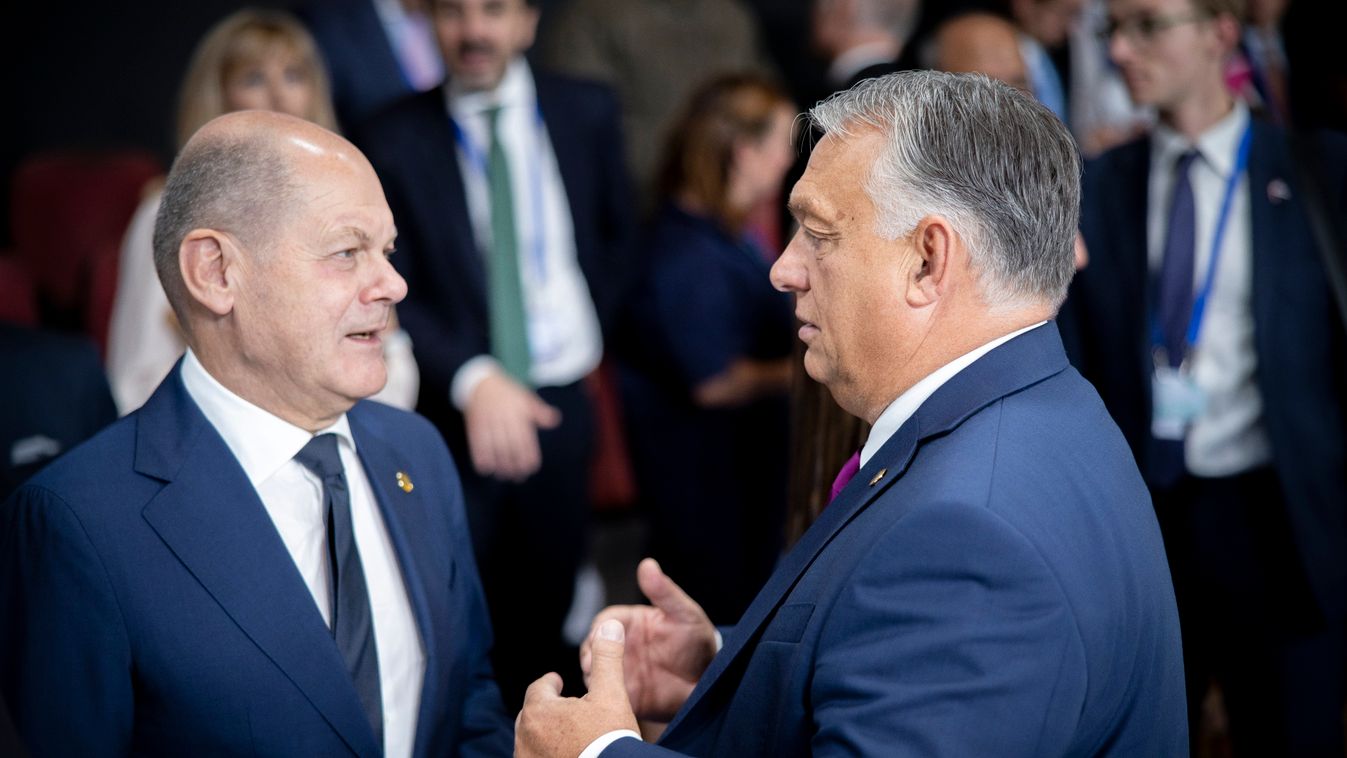
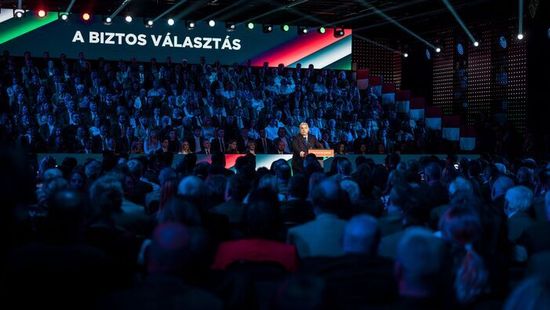
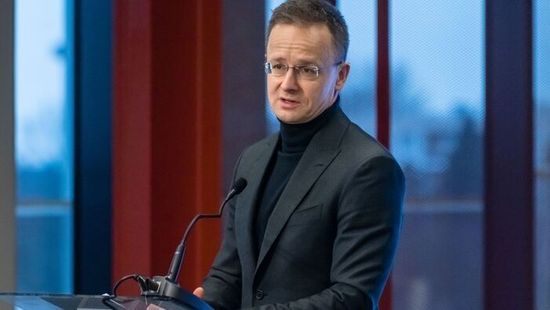
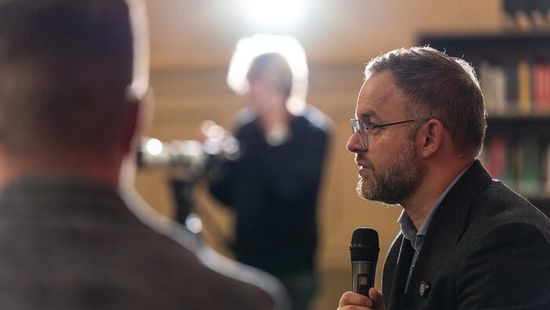
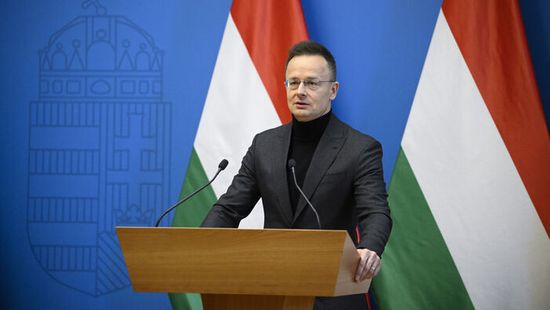

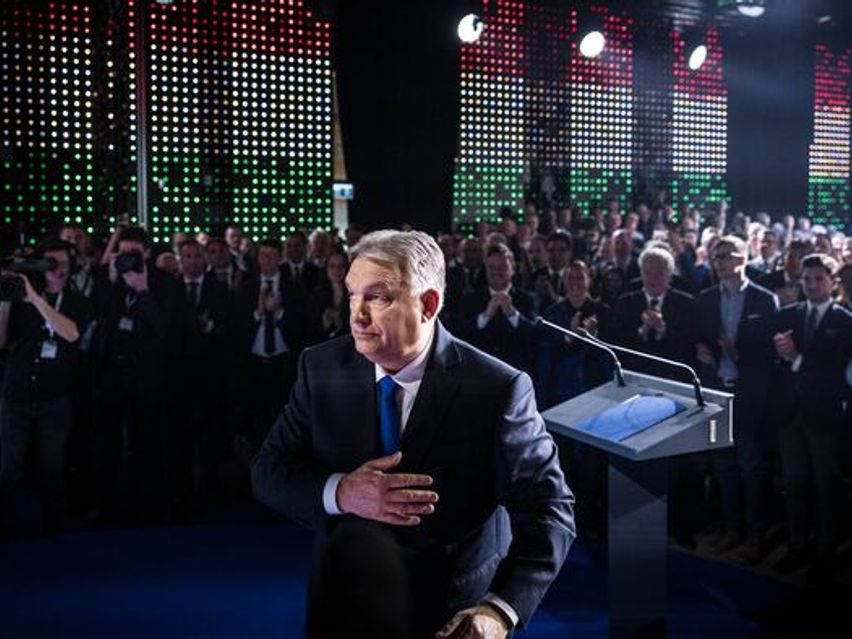
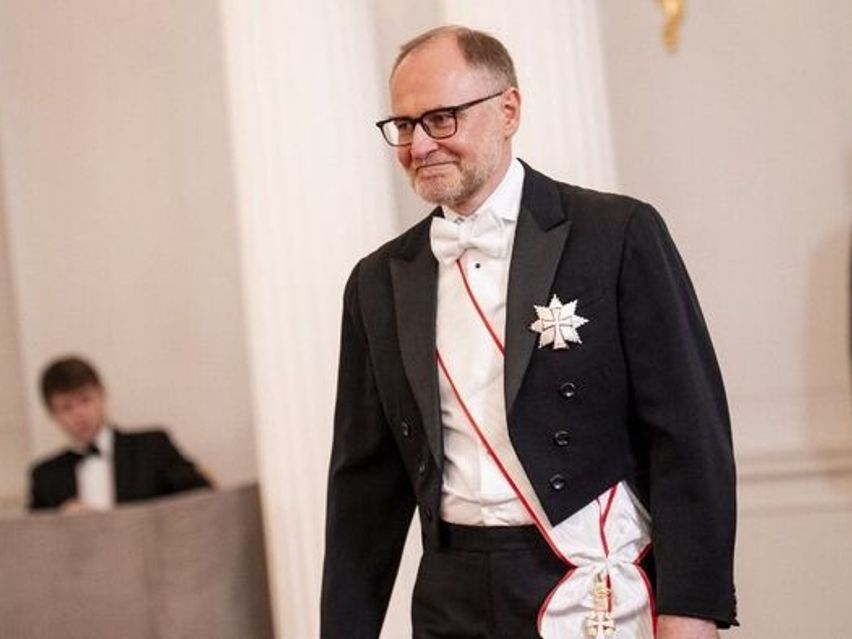
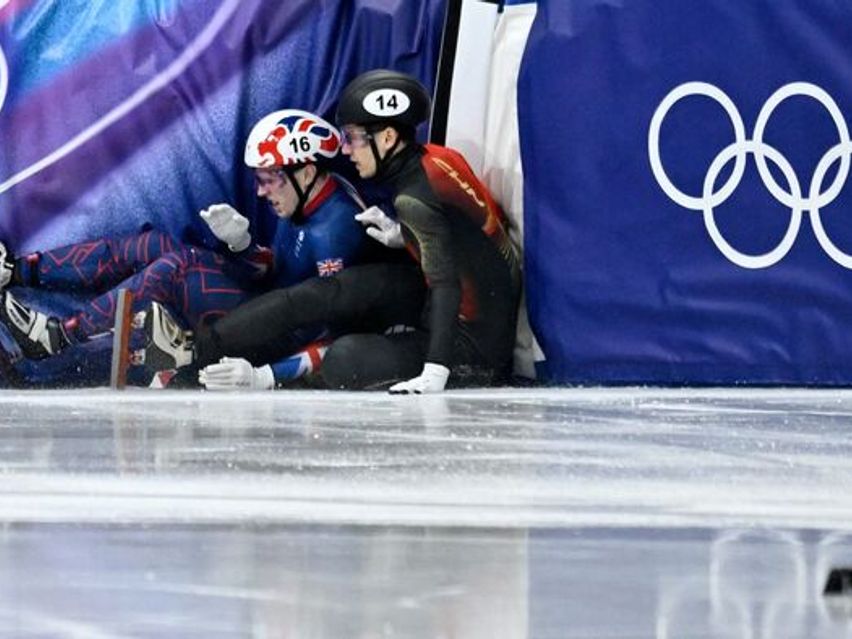
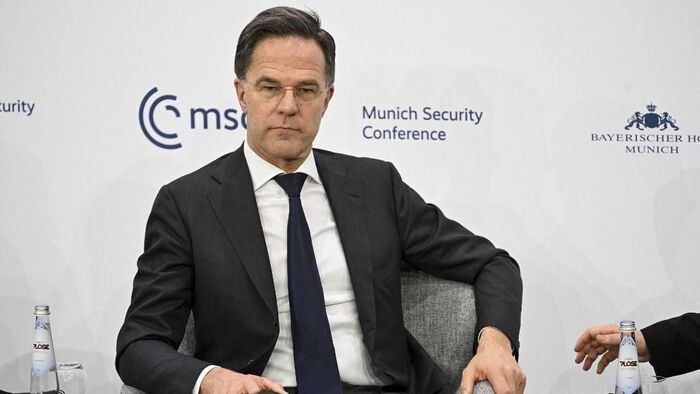


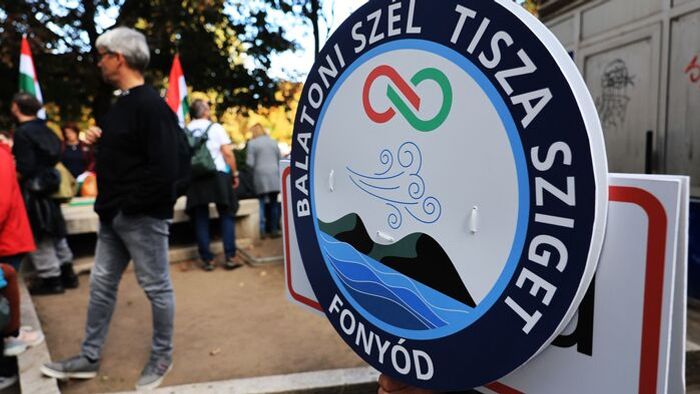
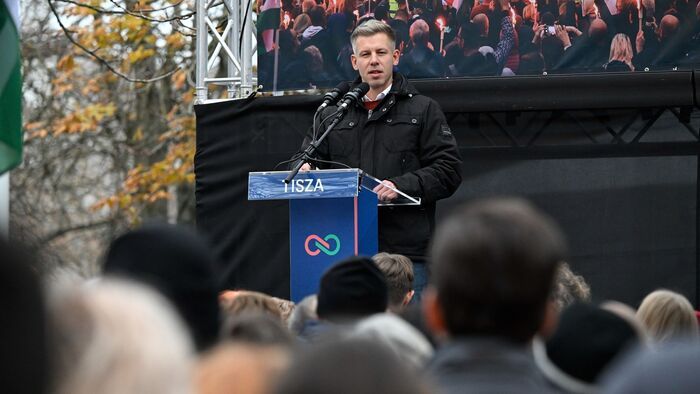
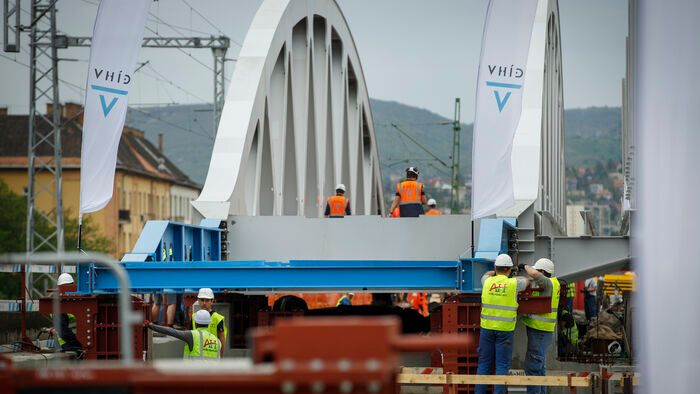
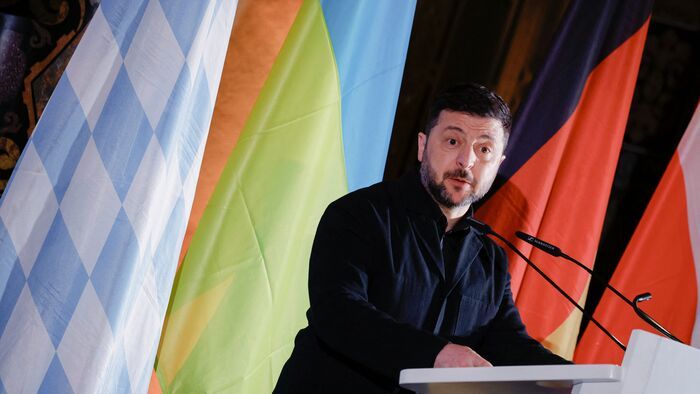
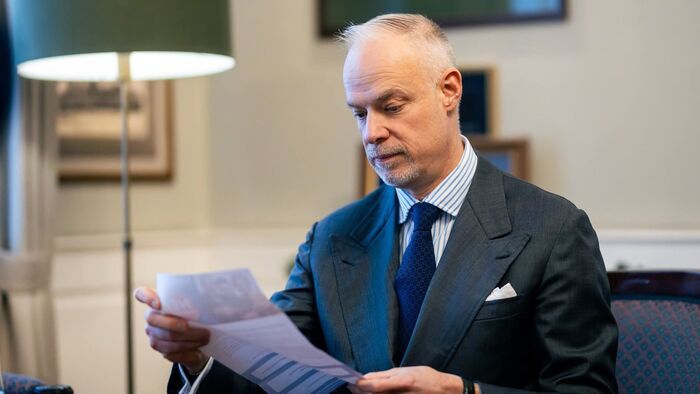
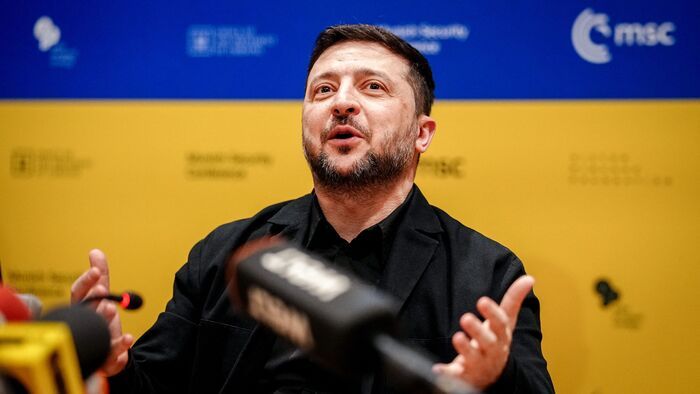

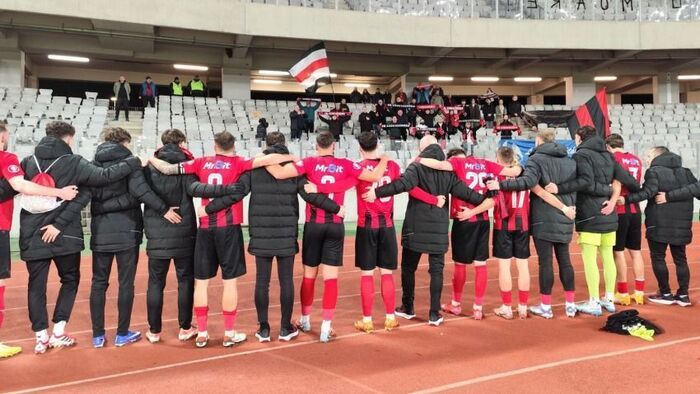
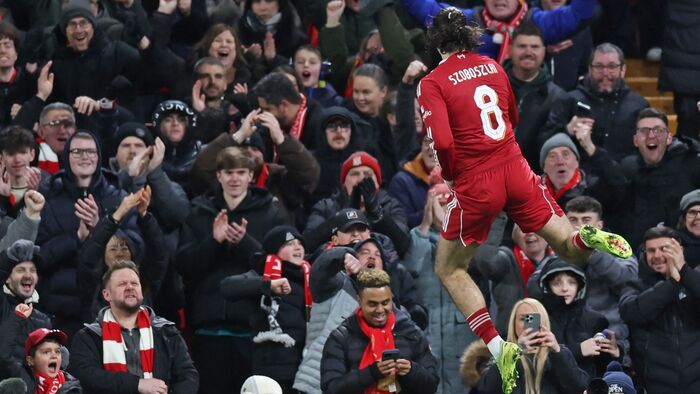
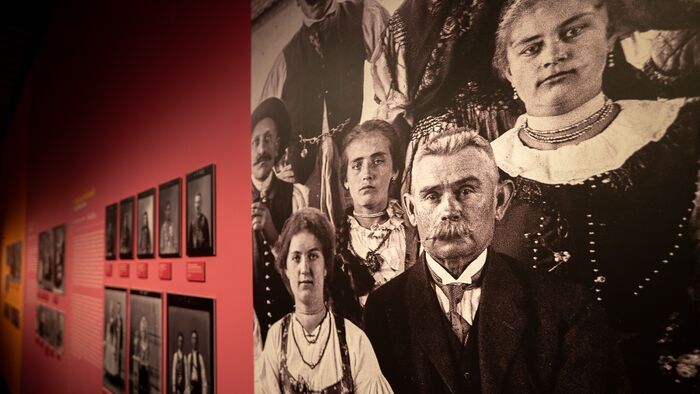

Szóljon hozzá!
Jelenleg csak a hozzászólások egy kis részét látja. Hozzászóláshoz és a további kommentek megtekintéséhez lépjen be, vagy regisztráljon!